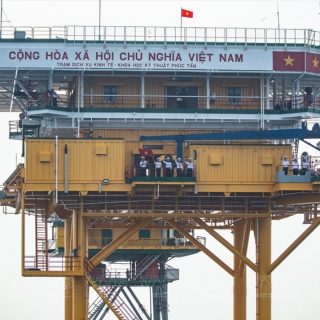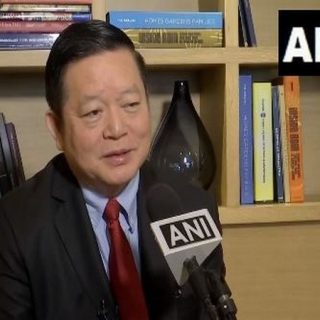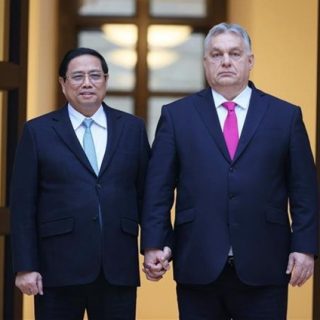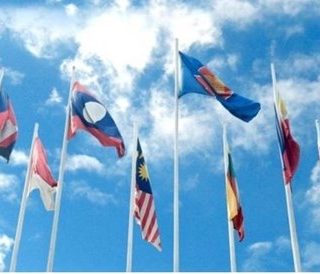
The Permanent Mission of Malaysia to the United Nations on July 29 sent a note verbale to the UN Secretary General, saying China’s claim to the maritime features in the East Sea (internationally known as South China Sea) has no basis under international law.
Malaysia’s Note No. HA26/20 refers to Note CML/14/2019 by the Permanent Mission of China to the UN Secretary General.
It said with regard to the China’s assertion in the second and third paragraphs of its Note Verbale, the Government of Malaysia rejects China’s claims to historic rights, or other sovereign rights or jurisdiction, with respect to the maritime areas of the East Sea encompassed by the relevant part of the ‘nine-dash line’ as they are contrary to the 1982 UN Convention on the Law of the Sea (1982 UNCLOS) and without lawful effect to the extent that they exceed the geographic and substantive limits of China’s maritime entitlements under the Convention.
“In this respect, the Government of Malaysia considers that the People’s Republic of China’s claim to the maritime features in the South China Sea has no basis under international law. Therefore, the Government of Malaysia rejects in its entirety the content of the Note Verba le of the People’s Republic of China,” according to the note.
Earlier, Malaysian Foreign Minister Datuk Seri Hishammuddin Hussein said in a statement in response to the US Secretary of State Mike Pompeo’s statement on the East Sea on July 13, that matters relating to the waters must be resolved peacefully based on the universally recognised principles of international law, including the 1982 UNCLOS.
Malaysia would also continue to play an active role in ensuring that the East Sea remained a sea of peace and trade.
Malaysia hopes that the next talks will reach a result-oriented Code of Conduct in the East Sea (COC), he said.
On July 15, Vietnamese Foreign Ministry spokesperson Le Thi Thu Hang said peace, stability, cooperation, and development in the East Sea is the aspiration and goal of countries in the waters and the region as well as the international community.
The respect of maritime legal order and the full and responsible implementation of the 1982 UNCLOS are significant in realising these goals, she said.
Vietnam welcomes other countries’ stance on the East Sea issue in line with international law.
Hang reiterated the view contained in the statement issued at the recent 36th ASEAN Summit that the 1982 UNCLOS is a legal framework on all activities at sea.
Vietnam hopes that countries will make efforts to contribute to maintaining peace, stability, and cooperation in the East Sea and settle disputes through dialogues and other peaceful measures, in accordance with international law and for the common interest, the spokesperson stressed.
Vietnam always actively and responsibly contributes to the process, she said.
In recent times, Malaysia always stands firm on its position that the East Sea issue must be managed in a peaceful and rational manner through dialogue and consultation.
The Ministry of Defence said in a statement that the matter had been emphasised by its Minister Datuk Seri Ismail Sabri Yaakob during a conversation with Japan’s Defence Minister Kono Taro through a telephone call on July 20.
According to the statement, Minister Ismail Sabri underscored the importance for all parties to work together to ensure peace, security and stability in the East Sea.
The two ministers also touched on the dynamic global security landscape of mutual interests and common concerns, including the East Sea, the statement said.
It said both ministers also discussed and updated each other on the prevention and control measures undertaken by both countries, particularly the roles of the Malaysian Armed Forces and Japan Self-Defence Forces in containing the spread of COVID-19./.

Aufrufe: 187

 Deutsch
Deutsch Tiếng Việt
Tiếng Việt





